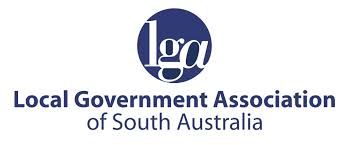In the face of rising energy prices and declining federal grants the Local Government Association of South Australia (LGASA) has asked the State Government to freeze the Solid Waste Levy in this year’s Budget.
The Levy – a State Government tax payable on waste sent to landfill – has increased from $5 a tonne in metro areas in 2003/04 to $76 a tonne in 2016/17.
LGASA President Mayor Lorraine Rosenberg said annual rises to the Waste Levy were putting increasing pressure on council budgets and ratepayers.
“Just in the last two years, we’ve already seen the Levy increase a whopping 46%, from $52 to $76 a tonne in metro areas, and from $26 to $38 a tonne in regional SA.
“It’s scheduled to climb again by a further 14% – to $87 in metro areas and $43.50 in our regions – on 1 July 2017, and at this level is expected to cost councils and communities around $29 million next financial year.”
As well as a freeze on the Levy LGASA have called for Government to spend the money already collected through the Levy that is sitting in the Green Industries Fund.
“We support the Government’s commitment to providing incentives for people to recycle. However, it shouldn’t be through a net cost to the community, or an ineffective tax that has minimal demonstrable impact on individual household behaviour.”
LGASA report that half the revenue collected through the Solid Waste Levy is provided to the Environmental Protection Authority (which they note currently makes an annual profit), with the other half provided to Green Industries South Australia.
“We acknowledge and appreciate that the Government has released some money from the Green Industries Fund over the past twelve months to support waste recovery and climate change issues,” Mayor Rosenberg said.
“However, the money is being collected faster than it’s being spent, and this has resulted in the fund ballooning to around $90 million.
“In the interests of transparency, the State should outline how it plans to invest the entirety of this fund to support positive outcomes in the waste management sector.”








